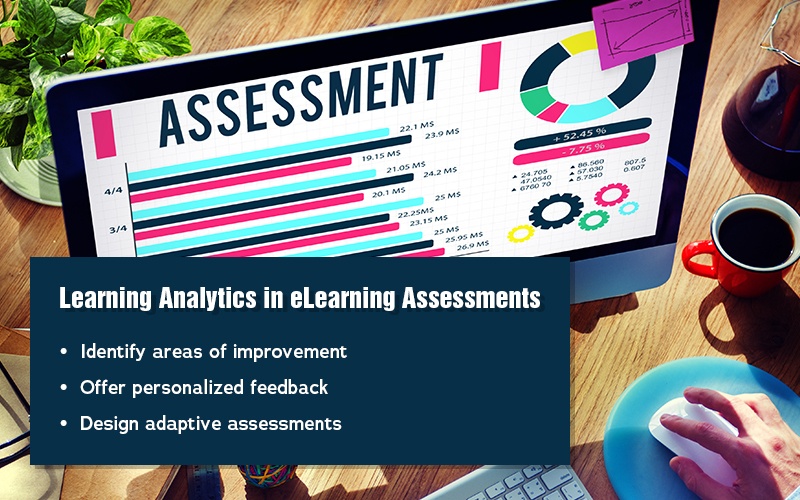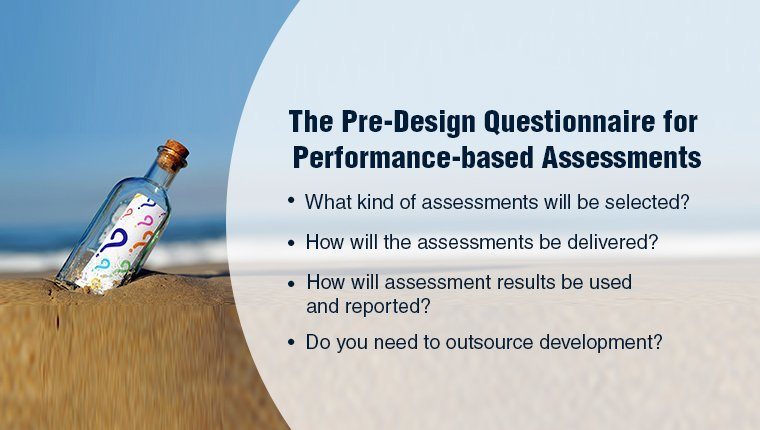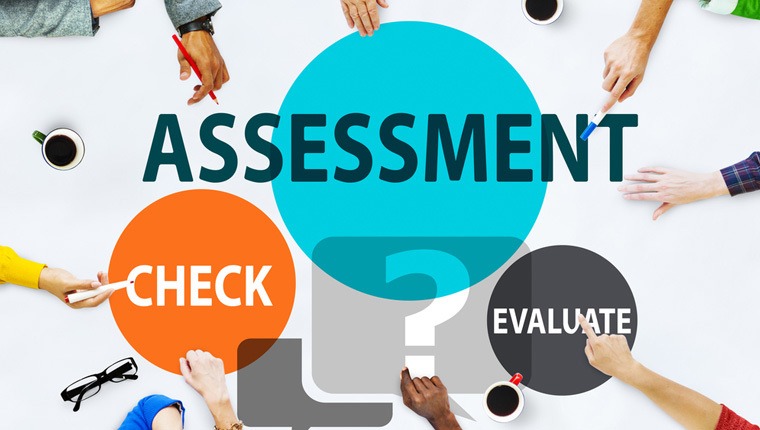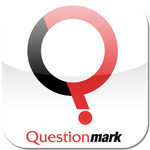Search for...
#Assessments Bookmarks
Published Bookmarks
 Learning Analytics And Its Effective Role In eLearning Assessments
Learning Analytics And Its Effective Role In eLearning Assessments
Implementing learning analytics in eLearning offers many benefits. Learn about the role of learning analytics in eLearning assessments.
 6 Questions To Ask Yourself About Performance-Based Assessments
6 Questions To Ask Yourself About Performance-Based Assessments
To design assessments that drive performance (performance-based assessments), ask these questions regarding stakeholders, course designers, and learners.
 3 Reasons To Use Confidence-Based Assessments In eLearning
3 Reasons To Use Confidence-Based Assessments In eLearning
Guesswork by learners can skew the results of online assessments. Get the right results from eLearning assessments by introducing confidence-based assessments.
 6 Common Mistakes In eLearning Assessments To Avoid
6 Common Mistakes In eLearning Assessments To Avoid
Are your eLearning assessments designed correctly? Gain insights into the mistakes that are made in assessment design.
 eLearning Assessments – Design Considerations for the Top Four Formats
eLearning Assessments – Design Considerations for the Top Four Formats
What does it take to design good eLearning assessments? Read this blog to gain insights on the design considerations for 4 types of eLearning assessments.
 Why Use Scenario-based Assessments in Online Learning?
Why Use Scenario-based Assessments in Online Learning?
Converting conventional quizzes to scenario-based questions offers multiple benefits in eLearning. Find out what 3 popular learning theories have to say about scenario-based assessments.
 Seven New Year’s Resolutions to Keep Your Assessments Safe
Seven New Year’s Resolutions to Keep Your Assessments Safe
Assessment thought leader John Kleeman offers some possible New Year’s resolutions that could help keep your assessments safe and secure.
 Many shades of grey in sensitivity of assessment data
Many shades of grey in sensitivity of assessment data
Under data protection law, “sensitive” personal data has to be given special protection. What does this mean for assessments? Learning and assessment thought leader John Kleeman explains.
Submit Bookmark


